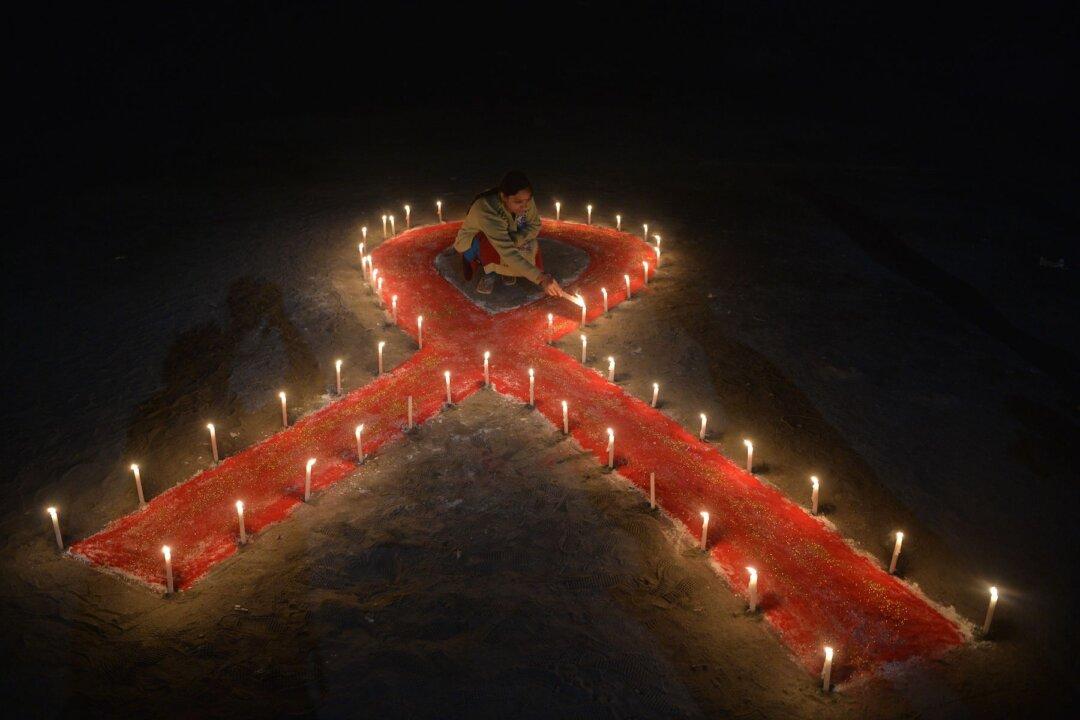A landmark study may have made a major breakthrough in the battle to end the AIDS epidemic, as it found treatment can prevent those already HIV positive from sexually transmitting the virus to a partner.
A Europe-wide study examined almost 1,000 male couples, where one was HIV positive and receiving antiretroviral therapy. Over a period of eight years, there were no cases of the infection being sexually transmitted without a condom to the HIV-negative partner.






